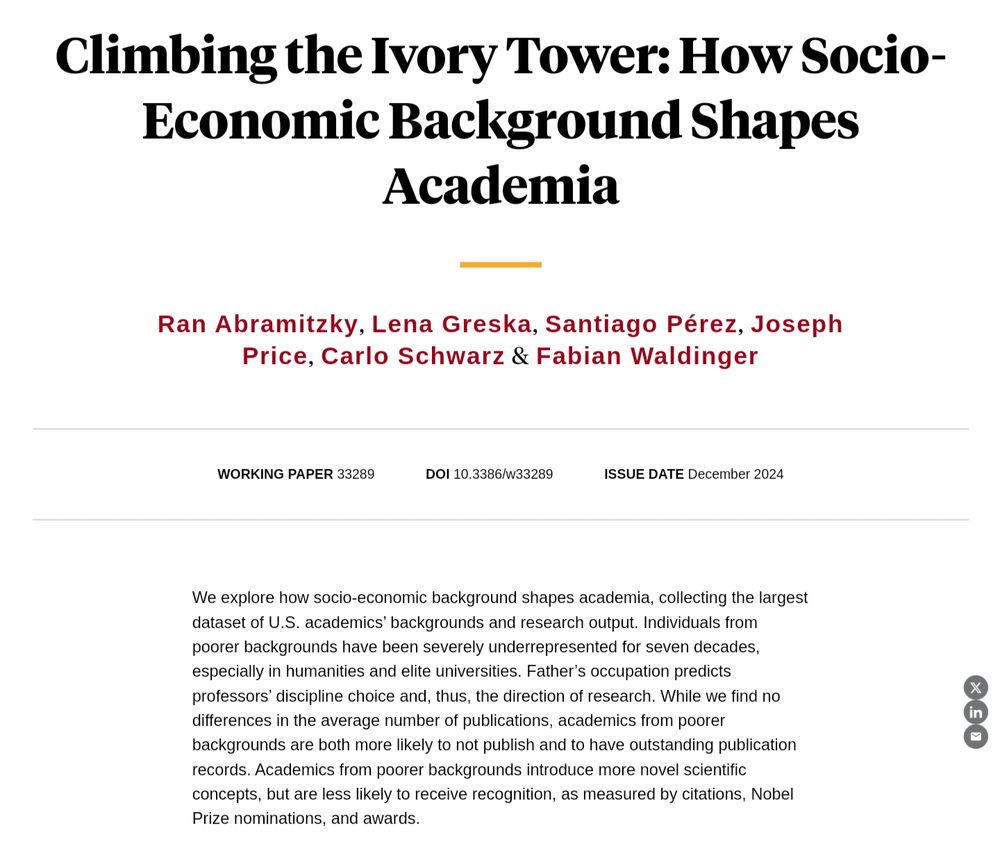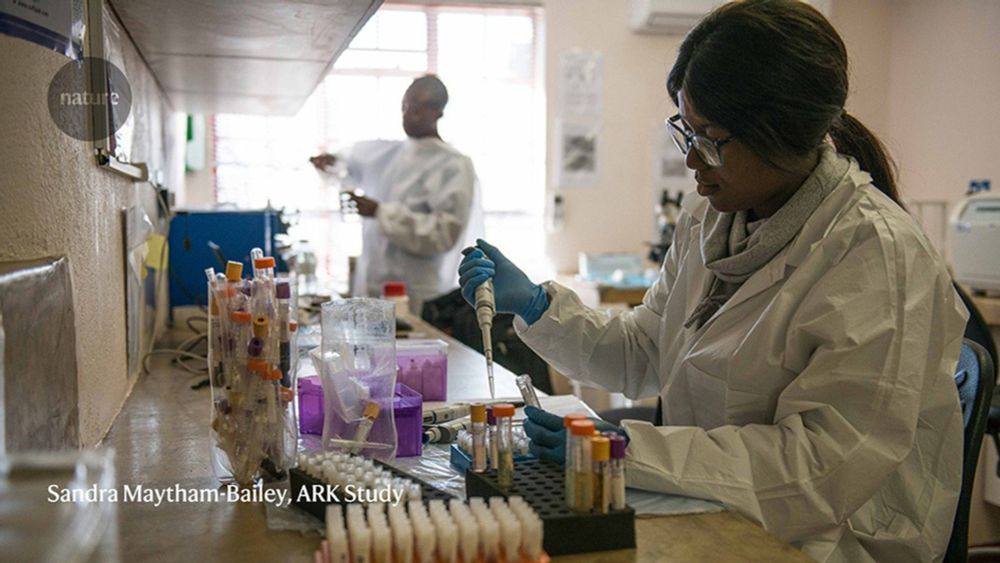
Stanford Professor | Computational Health Economics & Outcomes | Fair Machine Learning | Causality | Statistics | Health Policy | Health Equity
drsherrirose.org
Lab manual: stanfordhpds.github.io/lab_manual
Personal account ..
more
Stanford Professor | Computational Health Economics & Outcomes | Fair Machine Learning | Causality | Statistics | Health Policy | Health Equity
drsherrirose.org
Lab manual: stanfordhpds.github.io/lab_manual
Personal account
Reposted by Sherri Rose

Reposted by Sherri Rose

Reposted by Sherri Rose
Reposted by Sherri Rose

Panelists:
Irina Degtiar, @mathematicanow.bsky.social
Jack Ching, Google
Ben Ackerman, J&J
November 21 @ 11AM Pacific
Registration: healthpolicy.fsi.stanford.edu/events/post-...
Reposted by Johannes Haushofer, Sherri Rose, Laura Wherry

www.nber.org/papers/w33357
Reposted by Sherri Rose
Reposted by Sherri Rose, Siddharth Barman, Muriel Niederle

There is a new Lego that looks like all of our cats! 🤩
@sarahgollust.bsky.social @dmaanderson.bsky.social

Reposted by Matthias Doepke, Sherri Rose, Irene H. Yen , and 2 more Matthias Doepke, Sherri Rose, Irene H. Yen, Jan Eeckhout, Thomas Sattler

- not publish
- have outstanding publication records
- introduce more novel scientific concepts
- less likely to receive recognition, as measured by citations, Nobel Prize nominations, and awards.
www.nber.org/papers/w33289
Reposted by Sherri Rose

Check out our working paper here: arxiv.org/pdf/2412.07712

We found no change in nephrology referrals & visits
Our paper, led by Marika Cusick proceedings.mlr.press/v248/cusick2...


Had never heard of 'biostatistics' as a field; sounded like exactly what I wanted to do
Was accepted into the program, ultimately led to a PhD in biostatistics
Reposted by Sherri Rose, Nichola Raihani






